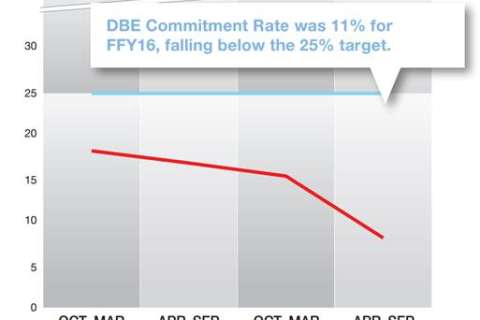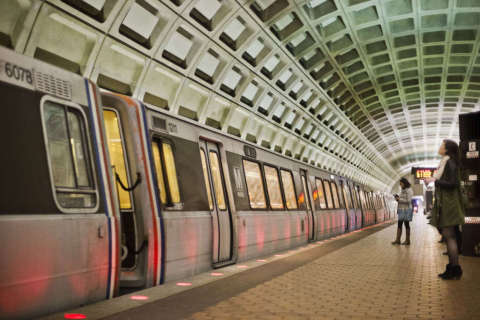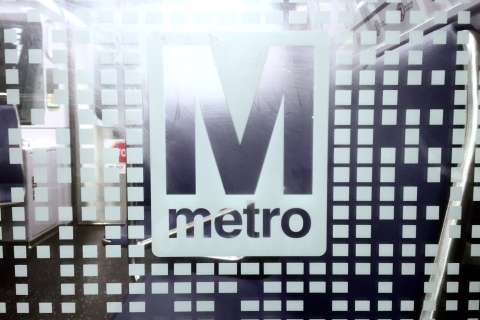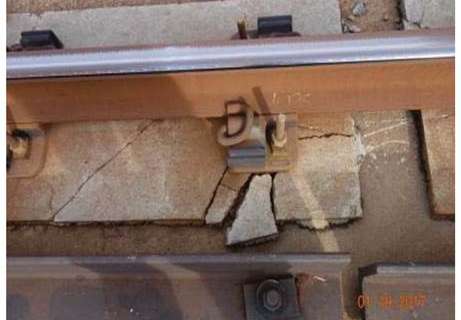WASHINGTON — Metro fares will rise this summer as hours are cut and rush-hour train schedules are reduced.
The Metro Board gave final approval Thursday to a budget that raises rush-hour rail fares and weekday parking fees by a dime, off-peak rail fares by a quarter, and regular and express bus fares by a quarter. Airport bus fares will rise to $7.50 when the changes take effect around July 1.
At rush hour, trains will be scheduled every eight minutes at the ends of each line rather than the every six minutes they are scheduled today. Metro often fails to meet that goal.
The rail system’s hours will also be cut back every day of the week — closing at 11:30 p.m. Monday through Thursday, 1 a.m. Friday and Saturday, and only running from 8 a.m. to 11 p.m. on Sunday.
A number of bus routes will also be cut.
This is just the start
Major, underlying issues have still not been addressed, Metro General Manager Paul Wiedefeld told the board Thursday in a much stronger call for action than he has been willing to issue before.
“There are two priorities the region must tackle this year — long-term capital funding needed to maintain safe and reliable service and Metro’s unsustainable cost model,” Wiedefeld said.
Virginia Gov. Terry McAuliffe announced Thursday morning on WTOP’s “Ask the Governor” that Virginia would pay former U.S. Transportation Secretary Ray LaHood to lead an independent, “top-to-bottom” review of the Metro system that could outline possible changes.
Similar studies have been done for years, but led to little action. In this case, Virginia’s General Assembly directed McAuliffe to study reforms again.
Wiedefeld said Metro and the region face “looming financial issues.”
Metro’s own projections forecast a significant increase in funding needs from the jurisdictions starting next year, that could bog down local government budgets.
Wiedefeld suggested that when he unveils “specific, actionable” proposals for the region next month, one large focus will be dedicated funding for the system.
Until now, he has largely left the calls for a dedicated tax to Metro Board members or elected leaders like Metro Board Chairman and D.C. Councilmember Jack Evans.
“Recognizing that we are at a critical juncture, I have already begun to determine Metro’s capital and operating requirements going forward and will come out with those next month,” Wiedefeld said.
With a fare increase and service cuts this year, and the threat of even more severe cuts next year, even some Metro Board members have warned this could be the “death spiral” of declining ridership fueling cuts to service.
“We … are focused on providing a safer system and more reliable service to our customers to bring ridership back and increase revenues,” Wiedefeld said.








